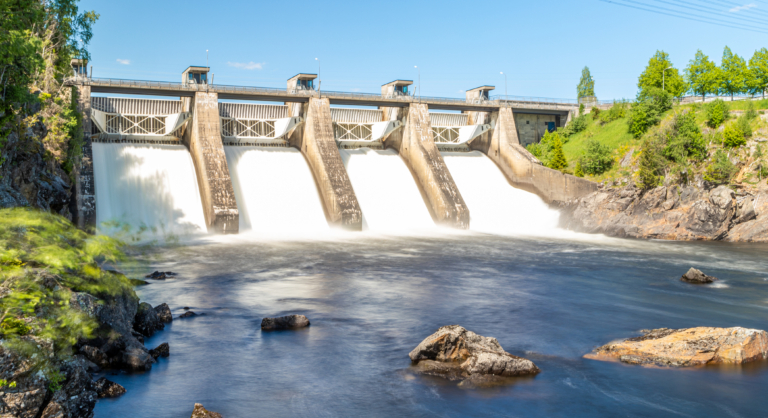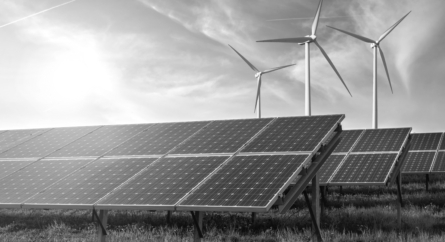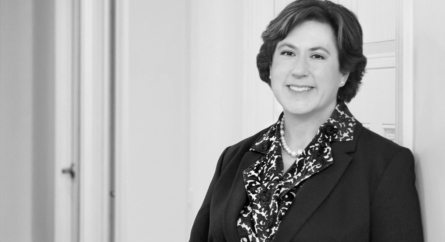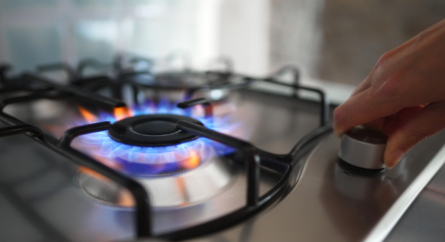MassDEP Takes a Closer Look at Hydropower’s Clean Energy Value
On January 11, 2024, the Massachusetts Department of Environmental Protection (MassDEP) held virtual stakeholder meetings to receive public comment on the MassDEP’s suggested options for strengthening the ability of the Massachusetts Clean Energy Standard (CES). The goal of the CES is to support clean energy development in accordance with the Commonwealth’s Clean Energy and Climate Plan for 2025 and 2030 (2025/2030 CECP) and greenhouse gas (GHG) emission sublimits. The MassDEP will also accept written comments through January 19, 2024.
The MassDEP’s Discussion Document lists specific options to strengthen the CES standard and to develop more comprehensive clean energy accounting. Among the options to be considered is to count hydropower “to comply with MA RPS Class II toward CES-E compliance. Hydropower is generically recognized under the CES-E as clean energy, but hydropower used to comply with the MA Renewable Portfolio Standard (RPS) Class II program is not currently counted toward CES-E compliance. . . The purpose of this change would be to simplify clean energy accounting by making the CES percentage standard more reflective of the total fraction of Massachusetts electricity consumption that is served by clean energy, not to substantively change the clean energy requirements.” As explained in the MassDEP’s “310 CMR 7.75: Clean Energy Standard (CES) Frequently Asked Questions (FAQ) Version 2.3 (November 2023),” the “CES and CES-E are separate and distinct requirements. The CES and CES-E require procurement of electricity from different sources; therefore, compliance towards one does not count towards compliance with the other. The CES is designed to increase procurement of new clean energy over time whereas the CES-E is intended to maintain the contribution of existing clean energy generation units going forward.
For more information, here is the MassDEP’s Discussion Document and email address to submit written comments.
Categorized: Environmental, Renewable Energy
Tagged In: clean energy development, climate change, greenhouse gas emissions, Massachusetts Clean Energy Standard









